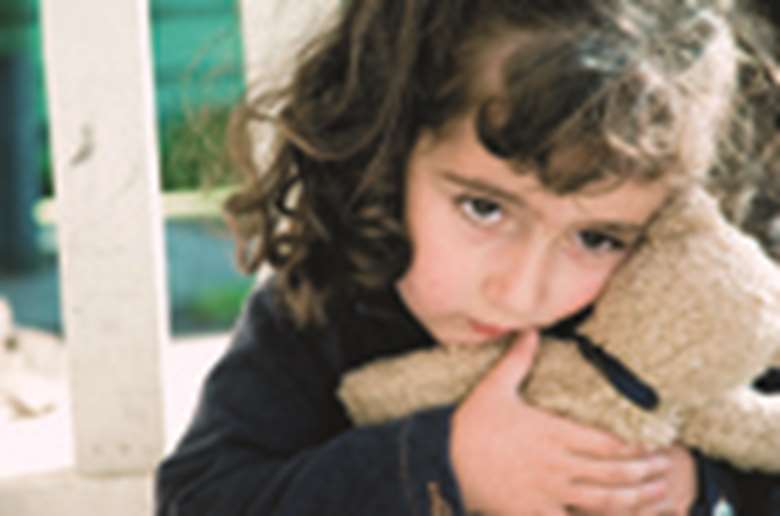A Unique Child: Shock effects: Post traumatic stress disorder
Annette Rawstone
Tuesday, November 11, 2008
Children may remain emotionally affected long after an accident. Annette Rawstrone hears how.

Children as young as two can develop post-traumatic stress disorder (PTSD) in response to traumatic events, new research has found. The findings highlight the need for parents and childcare practitioners to be alert to the side effects that a stressful occurrence, such as a car accident, can have on a young child, and to give them continued support.
Child psychologist Jennie Lindon says, 'Some people continue to assume that events go over young children's heads or they get over them quickly. There is the temptation to think that if children can't voice a worry, then they can't feel it, which is not the case.
'Young children are very vulnerable and are still building a view of the world. If a distressing event happens to a young child it can make them feel that the world is an even scarier place and that important adults can't protect them.'
Psychologists at the Institute of Psychiatry, King's College, London, conducted the research on young children in the UK who had been exposed to traffic accidents. It was found that in some cases the effect on them lasted for up to six months, even if the child had only suffered minor exposure to the incident.
The researchers spoke to the parents of 114 children who had visited A&E departments in London after a road traffic accident, to ascertain how their offspring were coping. Around 10 to 15 per cent of the children in the study were diagnosed as having PTSD, similar to the rates of PTSD seen in older children and adults. The rate of PTSD in the children in the study did not significantly decline from the two to four weeks after their car accident, to when they were seen again six months after the event.
Consultant child psychotherapist Robin Balbernie in Gloucester notes that children with secure attachments are less likely to have PTSD following a trauma than those who have less secure attachments.
'It is important to realise that the impact can be quite profound,' says early years consultant Maria Robinson. 'Young children may seem fine but the event can have repercussions, sometimes months later - it may affect their play, and lead to difficulties sleeping, changes in eating habits, regression in toilet training, becoming more clingy or fearful or being more withdrawn or quiet. It is important for parents and practitioners to not just brush the event off because the child is young.'
It is necessary to make a traumatised child feel safe and remove them from any other form of trauma. For example, says Mr Balbernie, if a child is frightened of cars following an accident, then don't insist on them riding in one for a while. Practitioners should bear in mind that a child may not outwardly show signs of trauma, and ensure there is plenty of communication between nursery and home so any unusual behaviour can be picked up.
'If a child is playing out a scenario through repetitive play. then let them do that and sensitively join in their play,' Mr Balbernie says. 'Put the trauma into words for them, such as it was bad or scary, that there was a large crash or lots of blood - but stress that it is OK now. Give the child the words to process their emotions, because until they process it they can't forget it.'
Dr Richard Meiser-Stedman, lead researcher on the Institute of Psychiatry project, says, 'Our findings indicate that the mental health needs of pre-school children caught up in terrifying events should be considered by parents and health services. This is especially important as young children are not able to access health services on their own and are at such a vulnerable point in their development.
'More research is needed into how PTSD in young children should be treated and how parents can best help them in the aftermath of a trauma. Our research team now aims to understand what factors lead to some young children developing PTSD while others do not seem to have any serious enduring problems. This will really help us to develop effective treatments for these children.'
MORE INFORMATION
- 'Post-traumatic Stress Disorder Diagnosis in Pre-school and Elementary School-Age Children Exposed to Motor Vehicle Accidents' is published in American Journal of Psychiatry vol 165, no 10, October 2008




